The Youth Advocacy and Research Collaborative focuses on improving the mental health and wellbeing of young people by addressing substance use, providing overdose prevention education, actively involving community partners, and supporting youth and their families.
Our main areas of work include:
- Youth mental health and wellbeing
- Youth substance use
- Overdose prevention
- Community engagement and education
- Supporting youth and their families
- Advocacy for legislation that supports overall youth health and wellbeing
Our Team
Sarah Bagley, MD
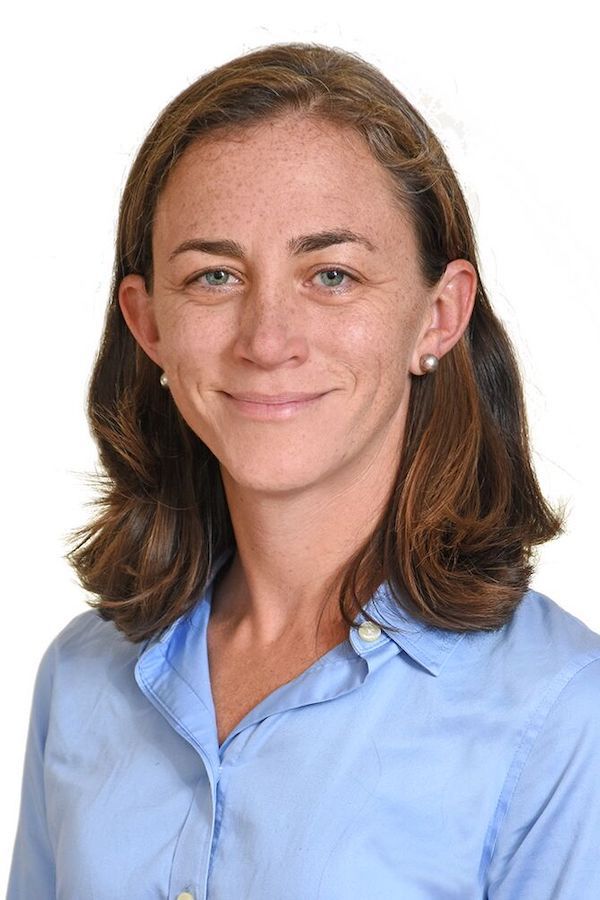
Professor of Medicine and Pediatrics, Boston University
See Full Bio
Sarah Bagley, MD
Professor of Medicine and Pediatrics, Boston University
Sarah Bagley is an associate Professor of Medicine and Pediatrics at Boston University School of Medicine and is board certified in Pediatrics, Internal Medicine, and Addiction Medicine. She is the founder of the CATALYST at Boston Medical Center providing integrated substance use care and primary care for youth where she sees patients. Her passion is to ensure that all youth who use substances have access to high quality, equitable care to promote their health. Her research focus is on the engagement of young adults who use drugs and their families in care to minimize risk for overdose and the complications of drug use. She has funding from the National Institute on Drug Abuse, the Centers for Disease Control and Prevention, and PCORI to conduct research about engagement in treatment and overdose prevention of young adults after nonfatal opioid overdose and reducing stimulant related overdose
Aditi Singh
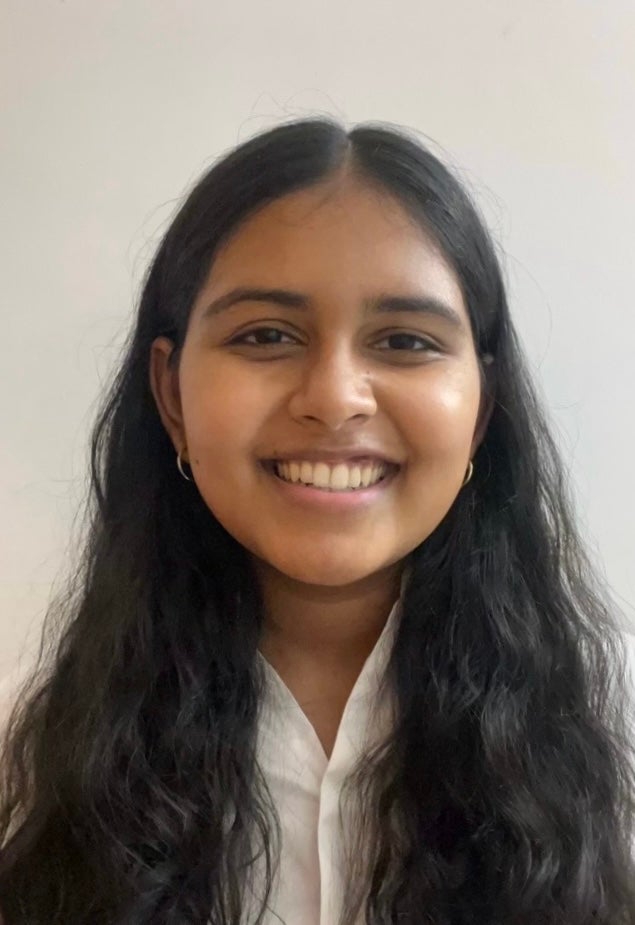

Aditi Singh
Aditi Singh is a medical student at Boston University Chobanian & Avedisian School of Medicine. She holds a BA in neuroscience and a master's in bioethics (MBE) from the University of Pennsylvania, where her capstone thesis explored the stigmatization of addiction and proposed policy reforms to improve substance use treatment systems in India. Her past research focused on sex differences in VTA GABA transmission during opioid withdrawal and the role of nitric oxide in withdrawal-related plasticity. She has worked as an EMT, a patient navigator for underserved populations, and a research assistant in addiction neuroscience. Aditi is passionate about addiction research, health equity, and improving care for underserved populations.
Ally Cogan, MPH
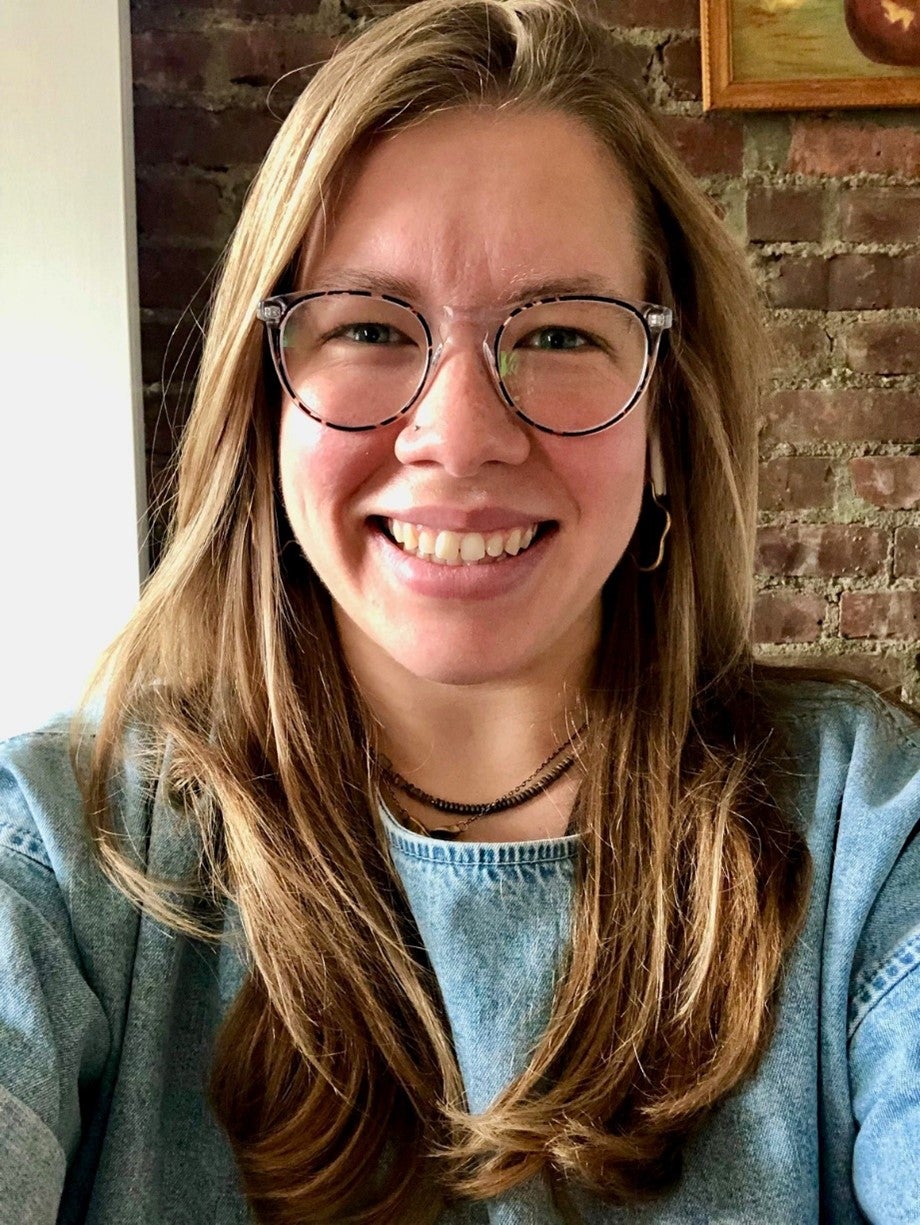
Research Project Manager
See Full Bio
Ally Cogan, MPH
Research Project Manager
Ally Cogan is a research project manager for the YARC and the Clinical Addiction and Research Education Unit at Boston Medical Center. She assists in the management of day-to-day operations and activities on research programs focused on youth and young adult overdose prevention and harm reduction curriculum development. She received her MPH from Boston University School of Public Health, where she concentrated in community assessment, program development, implementation, and evaluation. She is passionate about the development of equitable access to tailored healthcare for underserved populations and those typically overlooked by healthcare systems, with specific passion for work with LGBTQIA+ folks. In her spare time she can be found biking, cuddling her cats, or engaging in some kind of fiber craft.
Amy Yule, MD
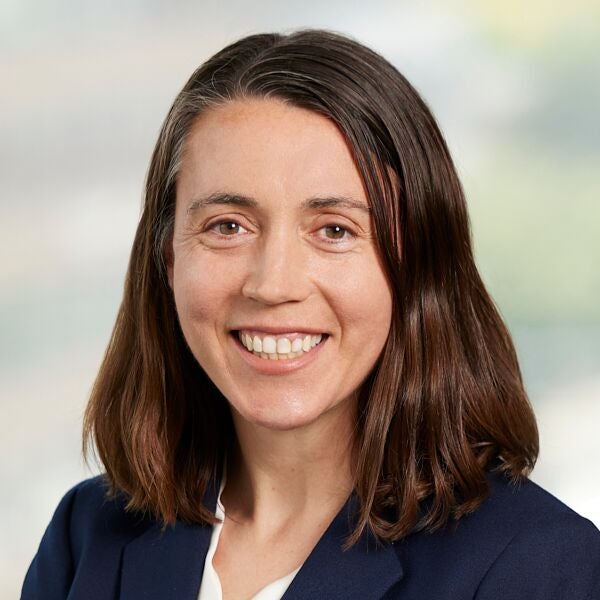

Amy Yule, MD
Dr. Amy Yule is board certified in adult, child, and addiction psychiatry. She is the Vice Chair of Addiction Psychiatry at Boston Medical Center and an Associate Professor at the Boston University School of Medicine. Dr. Yule works with youth with substance use disorders and co-occurring psychiatric disorders as well as their family in a multidisciplinary outpatient clinic. Her research is focused on decreasing risk associated with substance use for youth, preventing substance use disorders in youth with psychiatric disorders and treatment of co-occurring psychiatric and substance use disorders.
Cala Renehan, MPH
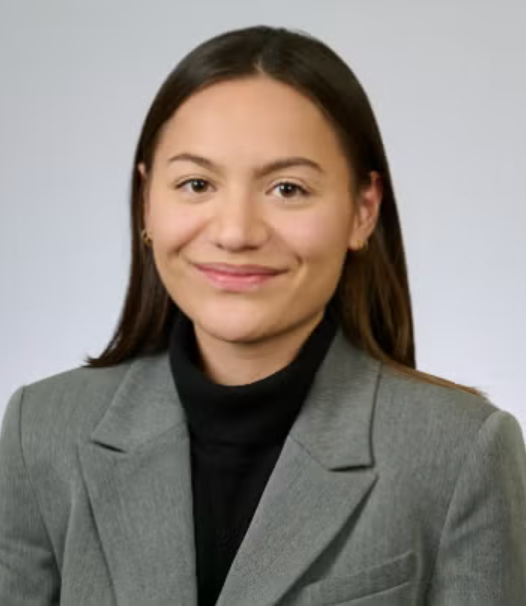

Cala Renehan, MPH
Cala Renehan is a research assistant at Boston Medical Center's Clinical Addiction Research and Education Unit. Cala's passion for harm reduction and overdose prevention stems from her time working at the Harm Reduction Action Center in Denver, CO. Her interest and commitment grew while she completed her MPH at Boston University. Cala has an enthusiasm for qualitative data and believes the best way to engage youth and young adults in harm reduction and overdose prevention is to simply talk to them and ensure they are heard. She feels privileged to carry out this work and contribute to work that ensures the safety and wellbeing of youth.
Christina Freibott, PhD, MPH
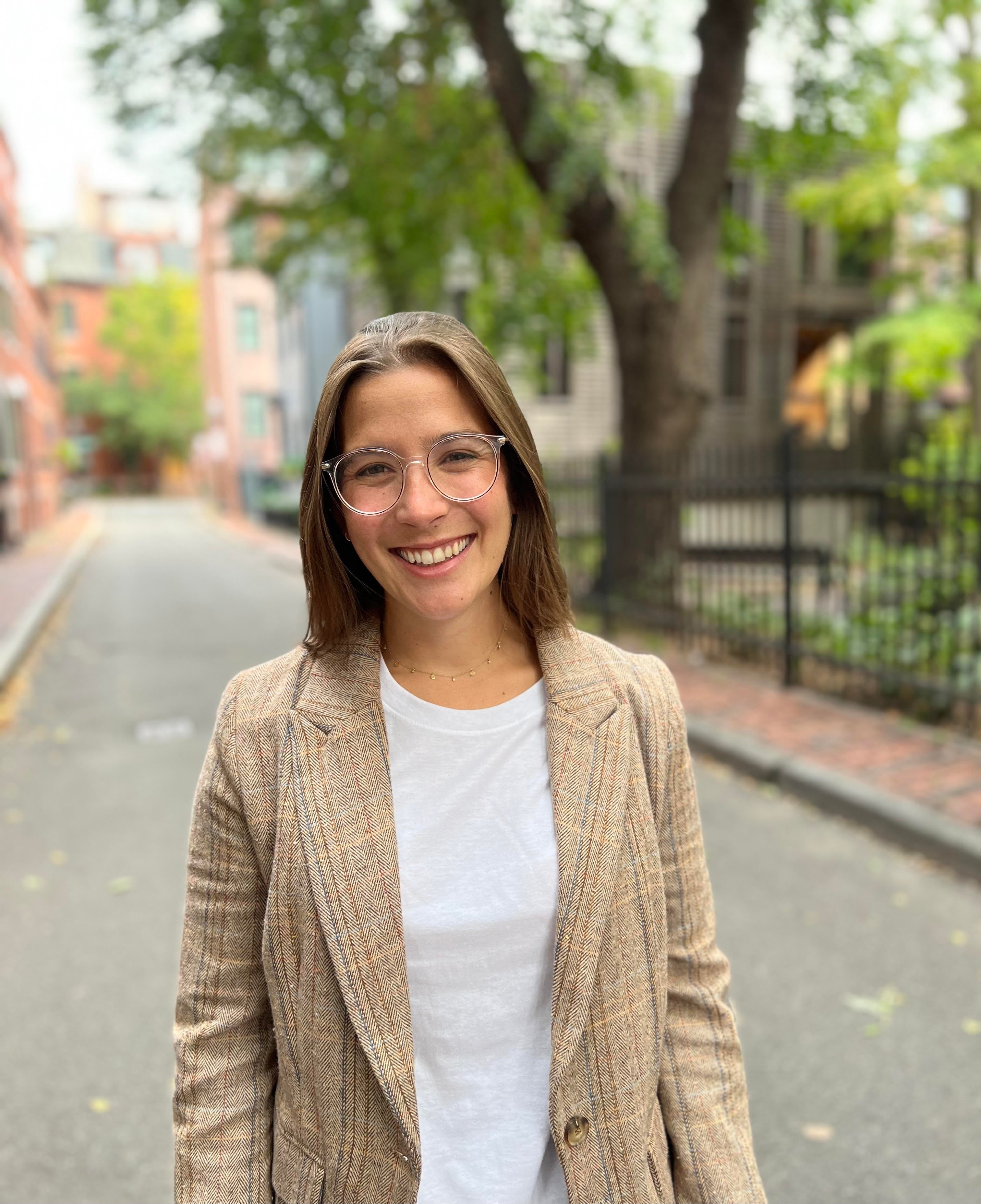

Christina Freibott, PhD, MPH
Christina Freibott is a postdoctoral associate in the Department of Community Health Sciences at Boston University School of Public Health. She holds an MPH from Thomas Jefferson University and a PhD in Health Services and Policy Research from Boston University. Her work focuses on addressing the intersection of substance use and mental health among young adults, with a particular emphasis on college and university settings. She is committed to expanding access to evidence-based overdose prevention strategies, including naloxone training and distribution. Her research examines institutional approaches to opioid overdose prevention and how these can be improved to better support student populations.
Debbie M. Cheng, ScD
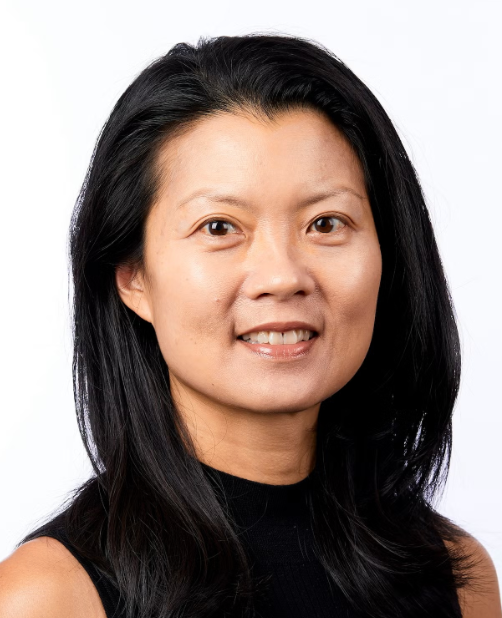

Debbie M. Cheng, ScD
Debbie M. Cheng is assistant dean of data science and the founding executive director of the Center for Health Data Science at the Boston University School of Public Health. She is a professor of biostatistics with a research focus on applied statistics and the design and analysis of clinical trials. She collaborates with investigators worldwide on multiple studies in the areas of substance abuse and HIV. She is also associate director of the Providence/Boston Center for AIDS Research (CFAR) and co-director of its Biostatistics Core, as well as director of the Biostatistics and Data Management Core for the International URBAN ARCH Center, which aims to examine the impact of alcohol on multiple aspects of the TB disease continuum. Dr. Cheng is the lead statistician for the Massachusetts site of the HEALing Communities Study, a multi-site cluster randomized trial aimed at reducing opioid-related overdose deaths in communities across four different states, the largest study of its kind in addiction science.
Elvin Rosa
Research Assistant
See Full BioElvin Rosa
Research Assistant
Elvin Rosa is a Research Assistant for YARC and the Clinical Addiction Research and Education (CARE) Unit at Boston Medical Center. He supports the RETAIN Study, a pilot randomized controlled trial evaluating a motivational interviewing intervention to improve post discharge treatment retention among individuals with opioid use disorder (OUD) and serious injection-related infections (SIRIs). His work includes participant outreach, study visit coordination, and retention efforts through both in person and remote strategies. Outside of his research role, Elvin helps with overdose prevention workshops for youth and is working to expand these trainings across Boys and Girls Clubs throughout Massachusetts. As a former Club kid, the Boys and Girls Club is his greatest passion and source of support and he continues to give back through programming, mentorship, and community engagement. Elvin earned his BA in Biology with a minor in Public Health from Boston University in 2025 and is entering the Master of Arts in Medical Sciences (MAMS) program at BU School of Medicine starting in Fall 2025.
Jessica Calihan, MD, MSc


Jessica Calihan, MD, MSc
Jessie Calihan is a General Academic Pediatrics fellow in the Boston University Department of Pediatrics and provides primary and integrated substance use care for adolescents at Boston Medical Center. She completed the Urban Health Internal Medicine-Pediatrics residency program at Johns Hopkins Hospital prior to completing fellowship training in Addiction Medicine and Adolescent Medicine at Boston Children's Hospital. Her clinical work focuses on providing high quality, accessible, and equitable care to promote youth health now and in their futures, and her research focuses on engaging families, particularly those affected by caregiver substance use, to prevent adolescent substance use and related harms.
Kimberly Nelson, PhD, MPH
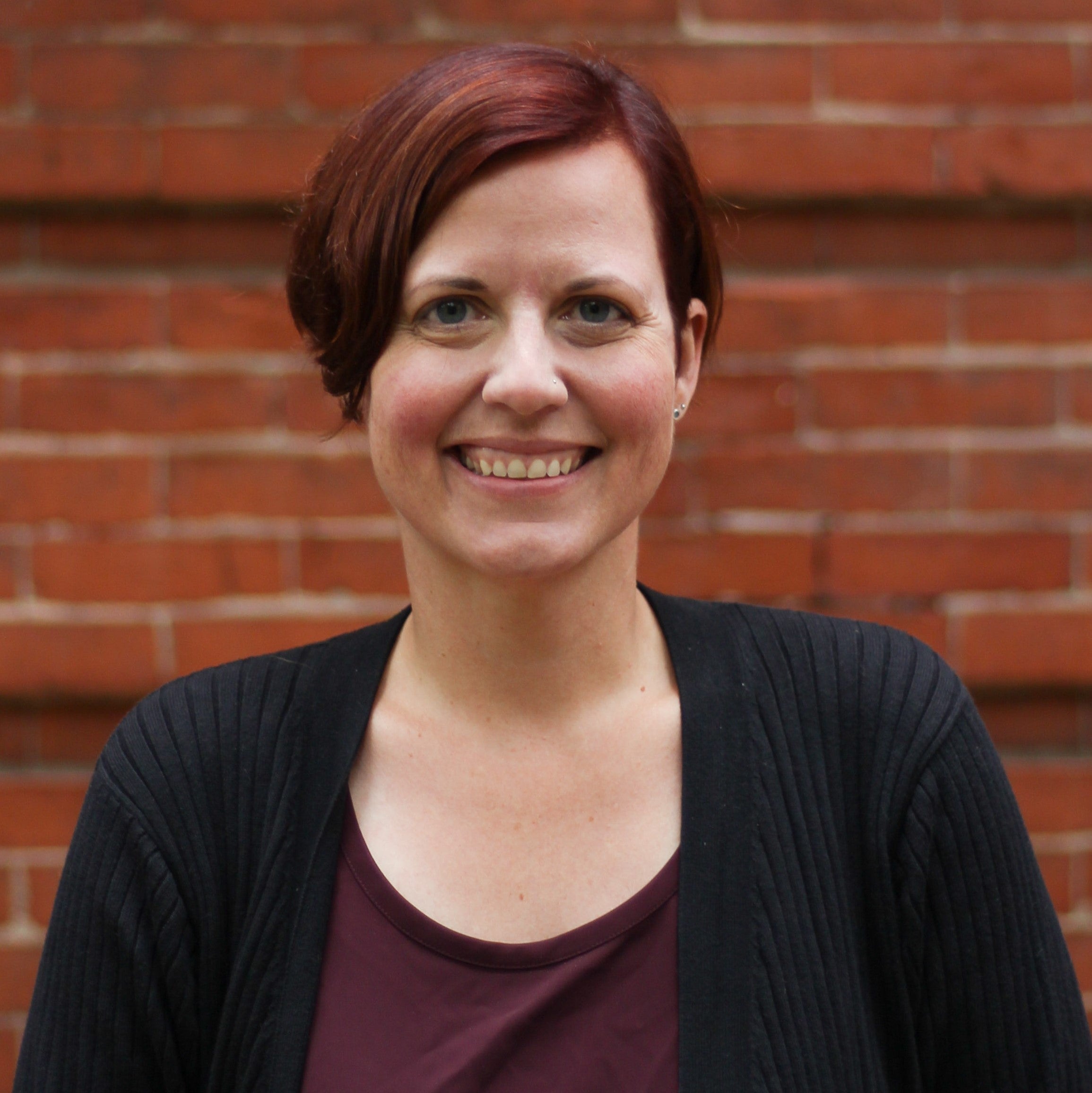

Kimberly Nelson, PhD, MPH
Kimberly Nelson is an associate professor of community health sciences at the Boston University School of Public Health and an associate professor of Psychiatry at Boston University School of Medicine. She is also faculty of the Fordham University Research Ethics Training Institute. As both a clinical psychologist and epidemiologist, Dr. Nelson focuses her research on understanding and intervening on psychological and structural determinants of health inequities with a particular focus on health inequities among marginalized adolescents and young adults. Additionally her work focuses on the ethical and legal issues involved in health research and interventions with adolescents and ways to use technology effectively and ethically for data collection and health promotion interventions.
Maurice Newman, MEd
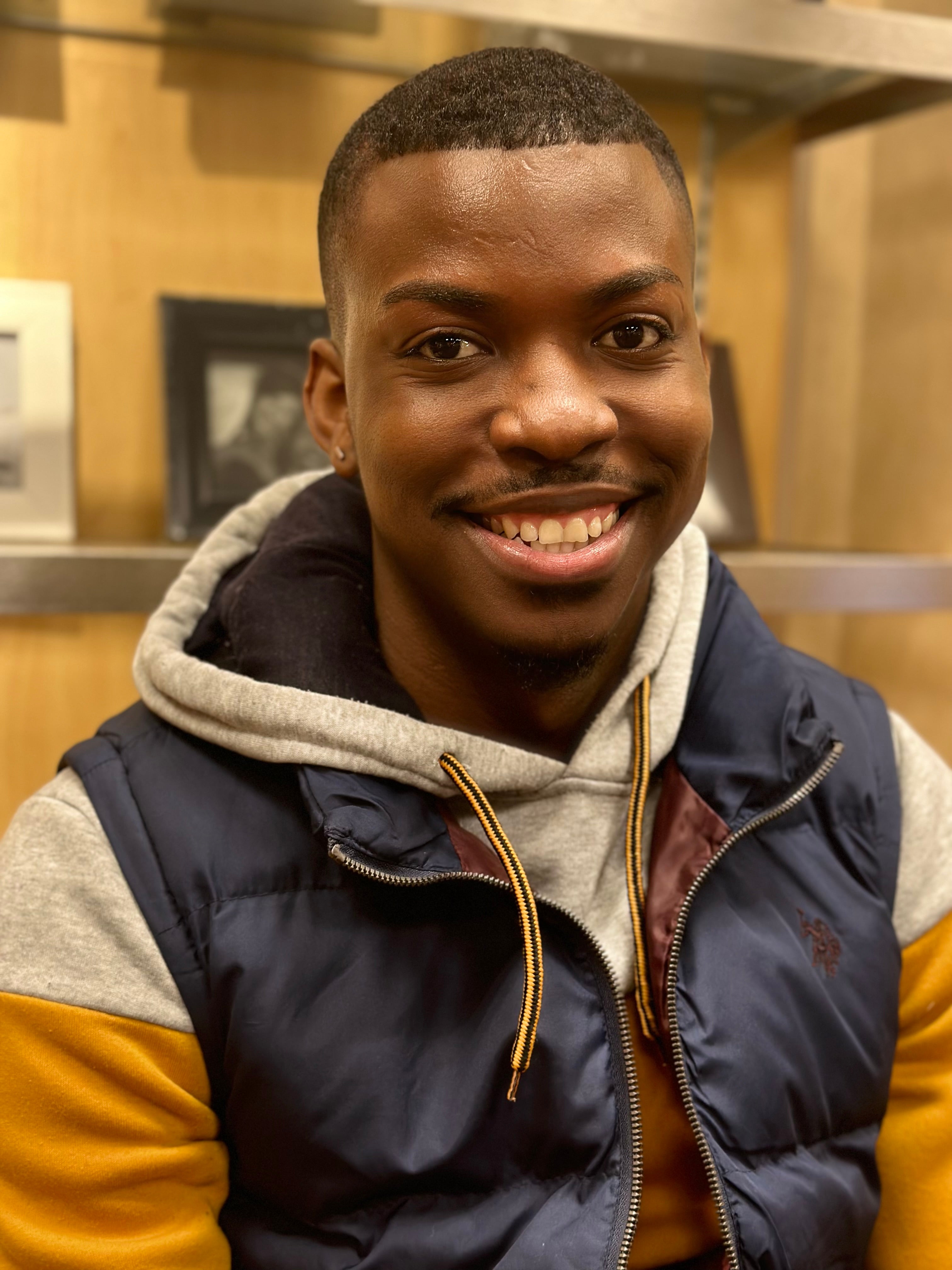

Maurice Newman, MEd
Maurice currently serves as a Project Coordinator at the Centre for Biomedical Research Excellence (COBRE) on Opioid & Overdose, serving on the YES & CUTS studies respectively at Rhode Island Hospital, a member of Brown University Health. Maurice has a strong background in harm reduction, as he served at AIDS Project Worcester in various capacties such as Housing Case Manager, Drug Checking Technician, Phlebotomist, Street Outreach, Post Overdose Support Team member, Grant Writer, and Manager of Programs & Services. Maurice is driven by his personal philosphy - helping people becoming better versions of themselves. Maurice currently holds BEd in Elementary Education, MEd in Educational Leadership & Administration, and is pursing his PhD. in Organizational Leadership.
Moriah Wiggins
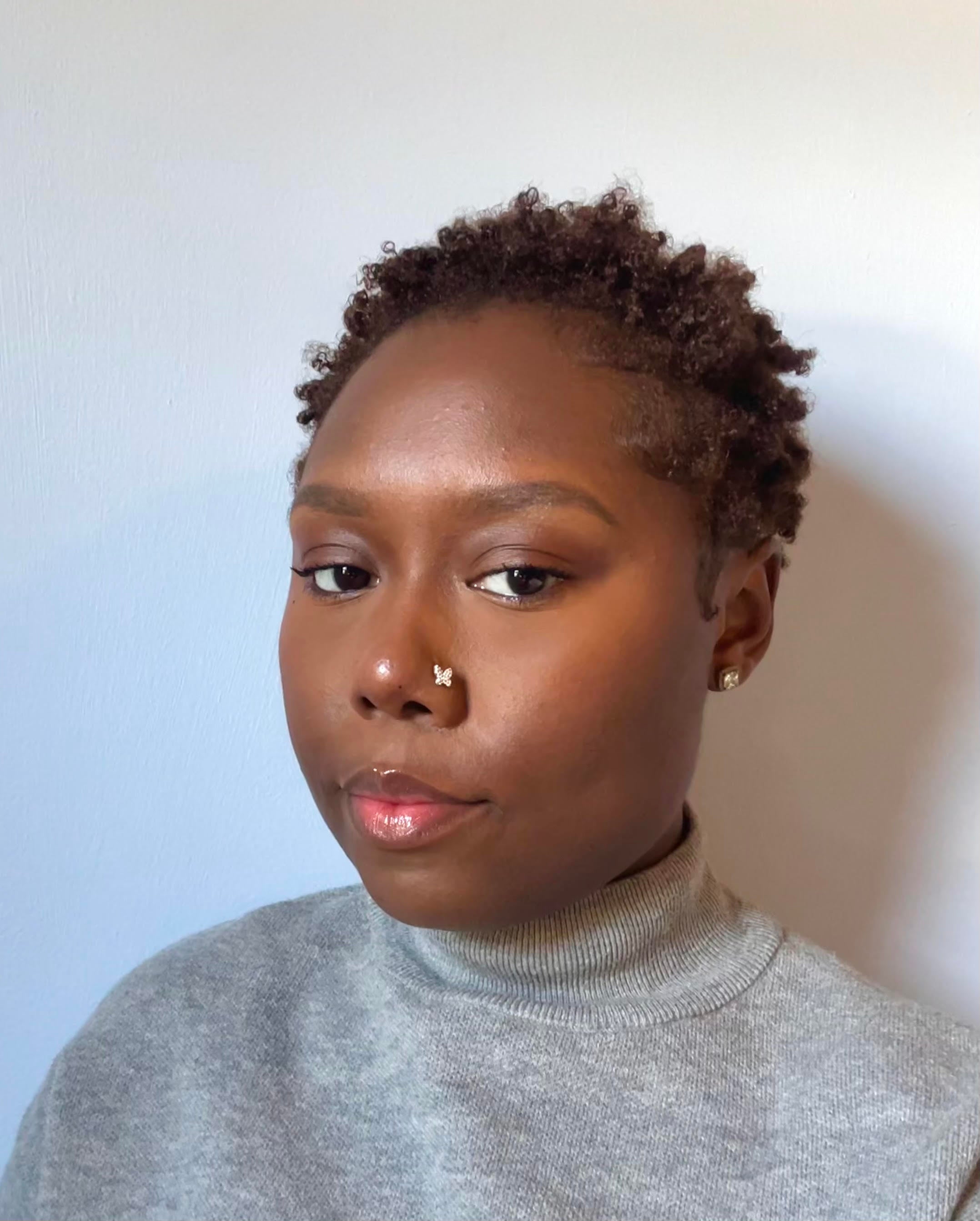
Research Coordinator
See Full Bio
Moriah Wiggins
Research Coordinator
Moriah is the current research coordinator for YARC and the Clinical Addiction and Research Education Unit at Boston Medical Center. She is a Boston native, and grew up in Boston's South End neighborhood. She then attended the University of Massachusetts Dartmouth, where she received a Bachelor of Science in bioengineering. Upon receiving her undergraduate degree, Moriah served multiple lab roles at Foundation Medicine in Cambridge. During her time at Foundation Medicine, Moriah was also able to pursue her passions for D.E.I., health equity, and community engagement as the founding co-chair of the company's first employee resource network for communities of color. When Moriah is not working, she wears the hat of a creative and immerses herself into Boston's thriving art communities.
Nina Cesare, PhD
Nina Cesare, PhD
Nina Cesare is a research scientist in the Biostatistics and Epidemiology Data Analytics Center within the Center for Health Data Science at Boston University. She arrived to public health with a PhD in sociology from the University of Washington, and works on a variety of projects that leverage a social determinants lens. In addition to quantitative research, Nina is an instructor at BU, where she teaches course addressing the fudamentals of public health, as well as sex, gender, and sexuality in global health.
Riley Coleman
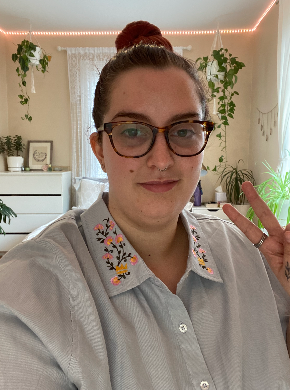
Research Assistant
See Full Bio
Riley Coleman
Research Assistant
Riley is a research assistant for YARC and the Clinical Addiction and Research Education Unit at Boston Medical Center, and a public health and harm reduction enthusiast. Riley received their Bachelors of Science in Health Sciences from Boston University and has seven years of experience working in public health programming and research, with a special focus on substance use, mental health, harm reduction, HIV/infectious disease, and working with particular populations including youth and young adults, LGBTQIA+ people, and those who are unstably housed or experiencing homelessness. Riley is passionate about providing engaging evidence-based health education and when they're not working you can find them with their many pets, playing a new game with friends, or reading any number of books at the same time.
Sarah Kosakowski, MPH
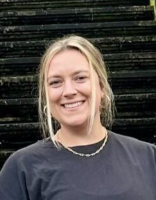
Associate Director of Research Operations
See Full Bio
Sarah Kosakowski, MPH
Associate Director of Research Operations
Sarah Kosakowski is the associate director of research operations for the YARC and the Clinical Addiction and Research Education Unit at Boston Medical Center. She oversees a large research program focused on opioid overdose prevention, behavioral interventions among people who use drugs and are at high risk of overdose, post overdose outreach, and harm reduction education development and implementation among youth and young adults. Additionally, she lead efforts within the Informatics Core on the HEALing Communities Study to integrate community engagement and data driven decision making approaches into developing and implementing evidence-based strategies to reduce opioid overdose fatalities in Massachusetts communities. Sarah received her MPH from Boston University School of Public Health, where she concentrated in health policy, law, and management, and is passionate about translating research findings and public health data to communities in usable, interactive, and digestible formats. In her spare time she likes to hike with her pup Cali, travel as much as she can, and exploring new cuisines
Traci Green, PhD, MSc
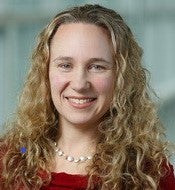

Traci Green, PhD, MSc
How to Access Naloxone
Naloxone (Narcan) rescue kits are available at many pharmacies and stores across Massachusetts, such as CVS, clinics, primary care, health centers, etc. Many pharmacies and stores may have naloxone on shelves or at the front counter, meaning you do not have to talk to a pharmacist.
It is available with or without a prescription, but a prescription from your doctor is NOT needed. The Department of Public Health (DPH) has issued a statewide standing order that allows anyone to request and receive a naloxone rescue kit. In addition, Narcan™ brand naloxone became an over-the-counter (OTC) product in 2023.
Current Projects
Youth Overdose Prevention Study
Objective: To develop an effective universal overdose prevention intervention (that can be used in clinical settings) for youth to better understand drug risks, reduce risks, and learn how to respond to an overdose.
Summary: We aim to gather a community advisory board of important stakeholders that will help design and inform a pilot intervention that would provide overdose prevention education to youth in a clinical setting.
We then plan to conduct a pilot randomized control trial (RCT) to evaluate acceptability and feasibility of the intervention that the CAB helped design and complete a larger RCT after the pilot study.
Updates: Currently in the process of developing the pilot intervention and submitting our application to ClinicalTrials.gov
Funding: National Institute on Drug Abuse - National Institutes of Health (R61DA062217)
Youth Empowerment Study - YES
Objective: Create effective overdose prevention educational materials for youth
Summary: Through focus group and photovoice meetings with youth in Massachusetts and Rhode Island, we aim to better understand how they perceive overdose risks and drug supply safety. We also plan to interview adult stakeholders to understand their perspectives regarding overdose risk among young people.
The information collected will be used to collaboratively update educational materials and interventions for youth.
Updates: Beginning recruitment for focus groups and interviews
Funding: National Institute on Drug Abuse - National Institutes of Health (R21DA062256)
Peer Overdose Prevention Project
Objective: To create effective peer lead overdose prevention educational materials for youth.
Summary: Through 10 advisory group meetings, students from the John D. O’Bryant School will create overdose prevention educational materials that can be used with their peers. Students will also create a tool that others can use to evaluate the educational materials they have created.
Updates: Currently meeting with students to begin developing materials
Funding: Boston University School of Public Health
Past Projects
Building Capacity to Prevent Youth Overdose
Objective: Build capacity among youth, families, and providers to conduct PCOR (patient-centered outcomes research) and CER (comparative effectiveness research) that addresses youth overdose.
Summary: Our six-member youth community advisory board (CAB) of youth and a parent/youth advocate in MA (ages 19 -24) had 13 monthly meetings to help develop guiding research questions and agendas for future research on overdose prevention and education.
Themes that emerged include risk factors for youth overdose and youth-focused overdose interventions: components, settings, and outcomes. This group helped to inspire and develop the content on this website.
Funding: Eugene Washington PCORI Engagement Award (EACB-26846)
BU CTSI – Scoping Review
Objective: Identify current youth overdose prevention interventions in the U.S to guide public health efforts to create effective overdose education for youth
Summary: Our team completed a scoping using the adapted PRISMA Checklist for Scoping Reviews to guide our review and structure
Our search of Searched PubMed, Embase, and Web of Science for peer-reviewed descriptions of youth overdose prevention education interventions from 2010-2023 in the U.S. found 16 unique programs that fit our inclusion criteria, including nine from peer-reviewed literature and seven from gray literature (news articles, reports, blogs, conference papers, etc.).
This led to the conclusion that there is a gap in overdose prevention education for youth.
Funding: National Center for Advancing Translational Sciences, National Institutes of Health, through BU-CTSI Grant Number 1UL1TR001430
School Based Health Centers
Objective: To explore attitudes and beliefs of school-based health center staff members in delivering overdose prevention education and medications for opioid use disorder (MOUD) in school-based health centers (SBHCs) in MA.
Summary: We recruited 13 SBHC staff that identified as medical or behavioral health providers from a two-day youth focused substance use training program. Participants completed two rounds of interviews that covered topics related to examining opioid overdose prevention, OUD treatment, and harm reduction methodologies
Themes from both rounds of interviews were examined with the goal of using this data to inform interventions and implementation at SBHC sites.
Updates: Currently in the process publishing the manuscript with a journal
Funding: NIDA grant, R25DA033211 and the Becca Schmill Foundation
We offer the following types of training to the community:
- Overdose prevention training for youth and adults that includes an overview of overdose risks, overdose recognition, and how to respond
- Naloxone/Narcan training
We have currently completed trainings with the Boys and Girls Clubs of Lawrence and Marlborough, Concord public school, Newton public schools, and the John D. O’Bryant School in Roxbury.
